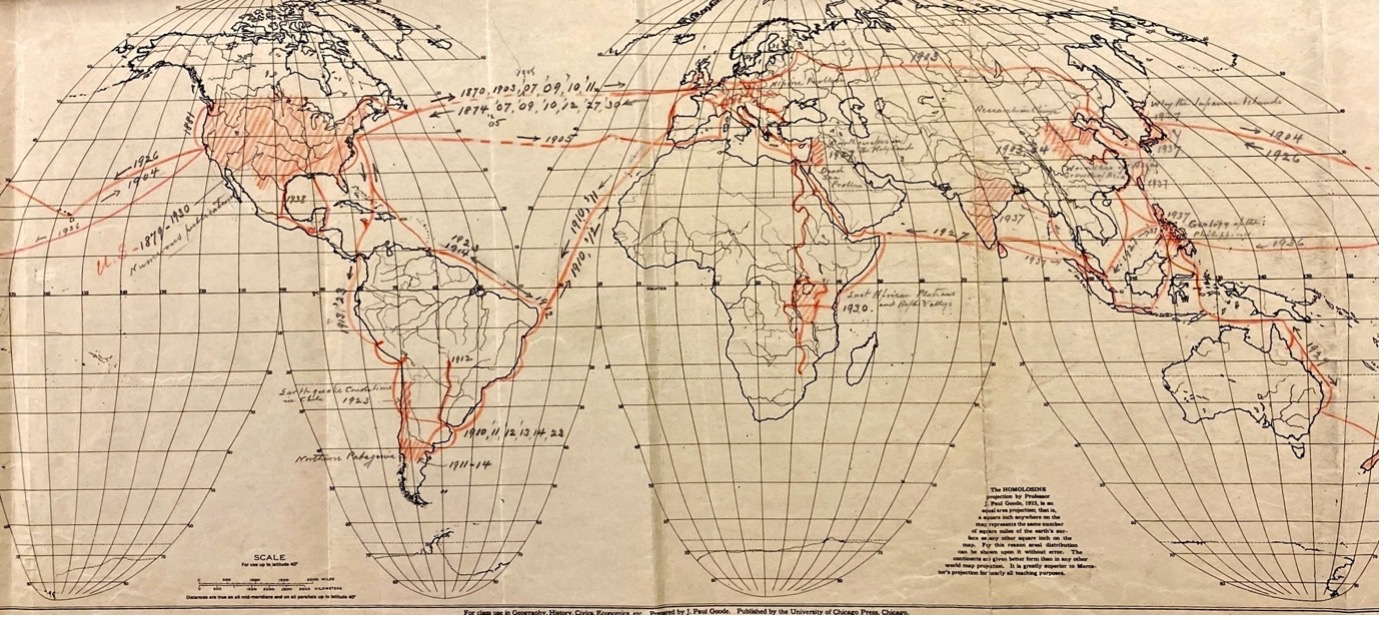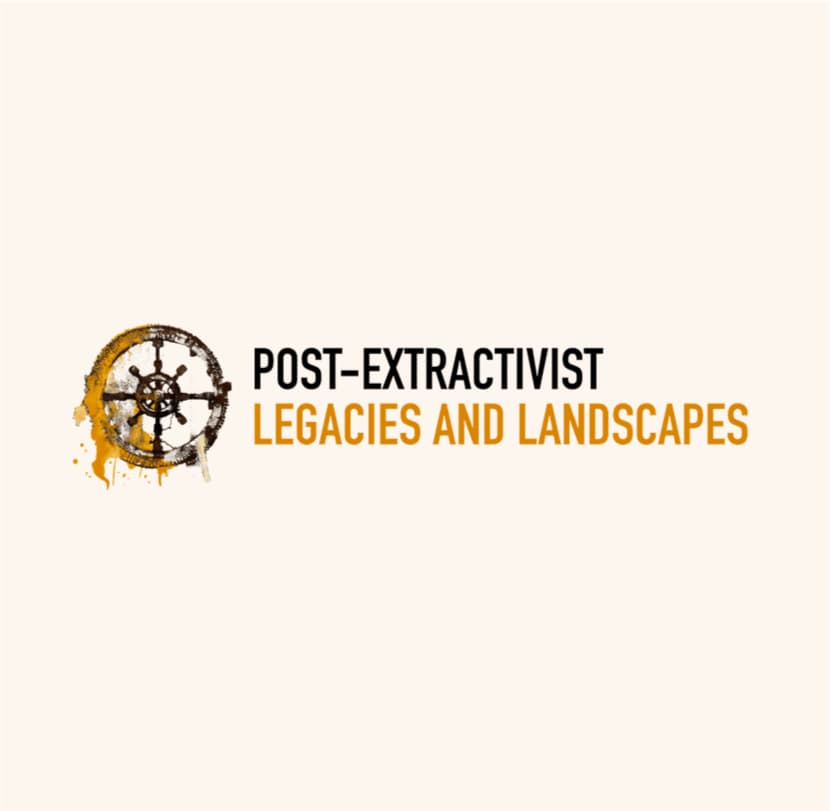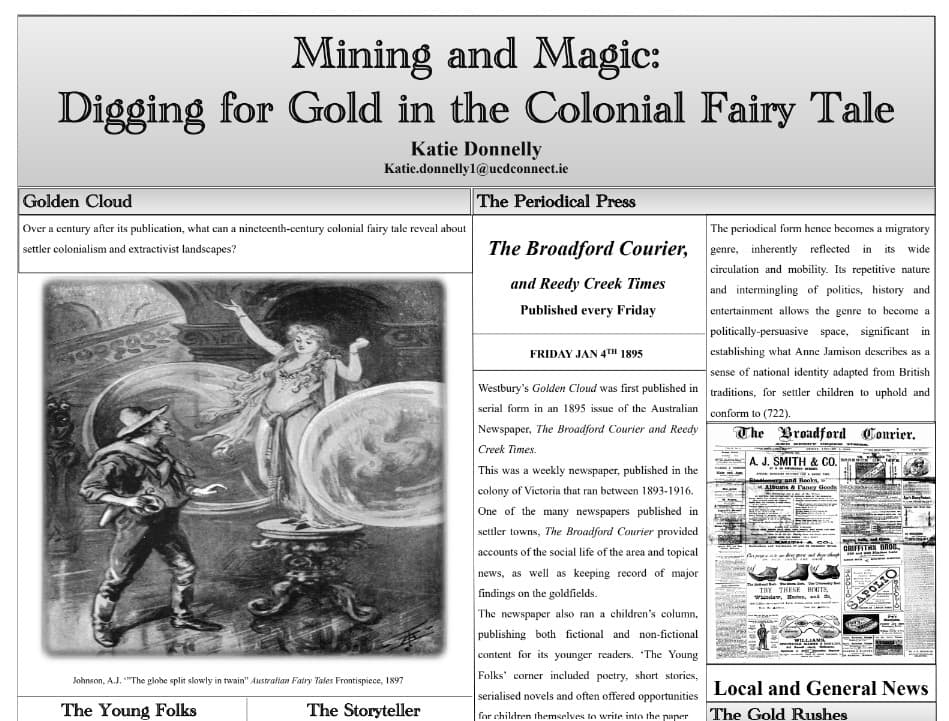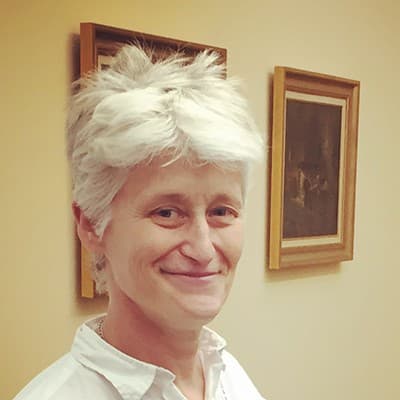Earth Science from the Geological South
UCD Humanities Institute Seminar Room (H.204) and online
Jun 19, 2:00 pm–3:00 pm
Dr Jarrod Hore will deliver a seminar for the Imperial Minerals project on Wednesday 19 June. The seminar will be held at the Humanities Institute and online.
Abstract:
Between the 1830s and 1960s, geological surveyors in India, Australia, southern and eastern Africa, and South America discovered evidence that contradicted the orthodox view of a stable Earth. What did it mean that coal seams in West Bengal and New South Wales were more recent than the great Carboniferous seams of Yorkshire and Pennsylvania? What exactly were the giant cone-shaped structures that punctured the crust of the diamond fields around Kimberley on South Africa’s highveld? What could the millions of microfossils retrieved from oil wells around the Red Sea tell geologists about the paleogeography of North Africa, the Middle East, and South Asia? By thinking through these puzzles and engaging with the resources that inspired them, surveyors built the foundations of modern earth science and a new awareness of the Earth as a dynamic, unified system.
In this seminar I will discuss how the development of these new ideas about the Earth’s deep past emerged from the search for minerals and resources across the southern hemisphere and beyond. It is based predominantly on the work of surveyors such as William Blanford, Edward Dunn, Alexander du Toit, and William MacFadyen, who examined coal, diamonds, oil, and other commodities over more than a century. Their assessments of these resources encouraged thinking across both commodities and locations. I argue that this work with resources has been overlooked in the history of major 20th century innovations like inner Earth geophysics and plate tectonics. Perhaps more importantly, though, this new view of the history of earth science from the ‘geological south’ places an interconnected colonial and postcolonial world right at the centre of planetary history. Such a view provides new historical ground for understanding both the geopolitics of a dynamic Earth and the forces of nature unleashed during the Anthropocene.
Dr Jarrod Hore is an environmental historian of settler colonial landscapes, nature writing, and geology, and is currently Postdoctoral Fellow with the New Earth Histories Research Program, University of New South Wales, Sydney. His work on earthquake geology, wilderness photography, early environmentalism, and the logistics of the natural history trade has been published in the Pacific Historical Review, Australian Historical Studies and the Journal of World History and he has presented research on the history of modern earth science at the University of Chicago, Harvard University, and the University of Houston. His award-winning first book, Visions of Nature: How Landscape Photography Shaped Settler Colonialism was published by University of California Press in 2022.
For online attendance please register via the link below.
Image Credit: Bailey Willis. Diagram of fieldwork conducted in the course of studies into global seismology, tectonic theory, and the genesis of continents, 1928-1930. Bailey Willis Papers, 1856-1957, Huntington Library, Los Angeles. B6F23.
Register


